By Andrews Addoquaye Tagoe
Ghana is among the top 5 countries in Africa affected by the infamous, COVID-19 virus. While a range of efforts are taking place across the country to respond to this pandemic and minimise its diverse impacts on every life, children constituting the majority of the population need special and immediate attention.
The fact that children below the age of 14 years alone make up about 37% of the population in Ghana, is sufficient to start making a case for the need for child friendly approaches in the COVID-19 response mechanisms. Also, is the fact that not all children in Ghana are already enjoying their childhood, with the prevalence of child labour, trafficking, sexual abuse, and others forms of exploitation, since decades. As many as 25% of children below 14 years of age are in work – a significant indicator that provides a bird’s eye view of the situation of children in the country. Thus, all actors involved in the COVID-19 response, ranging from governments, health and education sectors, local authorities, employers, community leadership and families need to put children at the centre. This is imperative to ensure that violence against children and exploitation of children is not reproduced, perpetuated or exacerbated in the context of this pandemic. This will particularly require targeted responses that reflect the needs of all categories of child labourers, those locked at home, and those in hard to reach workplaces, such as in domestic work and trafficked situations.
In addition, the pandemic calls for radical changes within the socio-cultural environment and traditions in the country, in the context of the response towards children. The Ghana cultural systems like other African countries, have widely hinged on collectivism. This implies that children live together, sleep together, eat together, play together and generally live together. However, these traditional arrangements conflict with the so-called COVID-19 prevention protocol of “social distancing”. This term is alien to African culture that thrives on family support, togetherness and mass activities. This means that most children (in current community state) will not voluntarily adhere to this safety measure as it is in the DNA to play together and socialise. The situation is further exacerbated with the closure of schools while parents are still working, putting children both at risk of contracting the virus as well as at risk of exploitation and neglect.
There is more. A rapid assessment survey conducted by the Trades Union Congress (Ghana), found that employment opportunities for parents are on the decline resulting in the relative loss of much needed income. As jobs with the hospitality and aviation industry virtually came to a standstill, most casual workers have lost their jobs. The projected GDP growth of 6.8% after COVID-19 is estimated to be 2.6%, and after the full lockdown in these 2 major economic sectors is now looking at 1.5%. For children of these casual workers, this would spell hunger, school drop-out and work, among other things.
In the case of agriculture, a significant percentage of its labour force has been lost. This would make children in the rural areas, majority who are at home, to be an easy and cheap target to fill the labour gaps across the agriculture sector – cocoa, palm oil, cotton, fisheries, etc. Knowing that agriculture is one of the hazardous sectors for children to work in, this is a cause of concern that needs urgent action.
In closing, the discussion and responses to the effects of COVID-19 on children at risk of exploitation, in Ghana must consider the following, at the minimum:
- Situating COVID-19 responses within the agenda of promoting decent work, ILO core conventions and the national action plan on child labour (NAP);
- Generating and allocating massive resources for the implementation of the NAP;
- Focusing on the development of child friendly information, education and communication (IEC) materials for children;
- Ensuring free access to quality education to all hard-to-reach children; and
- Working with agricultural unions and civil society to develop holistic strategies to tackle child labour in agriculture.
Andrews Addoquaye Tagoe is the Deputy General Secretary for General Agriculture Workers’ Union (GAWU) in Ghana, and the Regional Representation for Anglophone Africa on the Board of Global March Against Child Labour. Andy, as he is also affectionately called, is an agricultural engineer by training and a trade unionist by profession. He has vast experience in Labour issues, decent work, child labour, workplace occupational safety and health, rural livelihoods and poverty reduction strategies for rural people. He is a former international footballer and a coach.
For GAWU’s COVID-19 relief efforts in community, see here :
https://newsghana.com.gh/cso-platform-support-vulnerable-in-society/
https://newsghana.com.gh/cso-platform-on-sdgs-supports-10-shelters/

